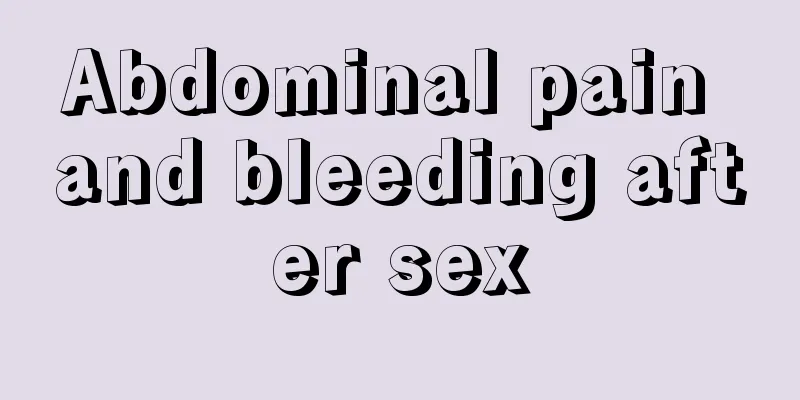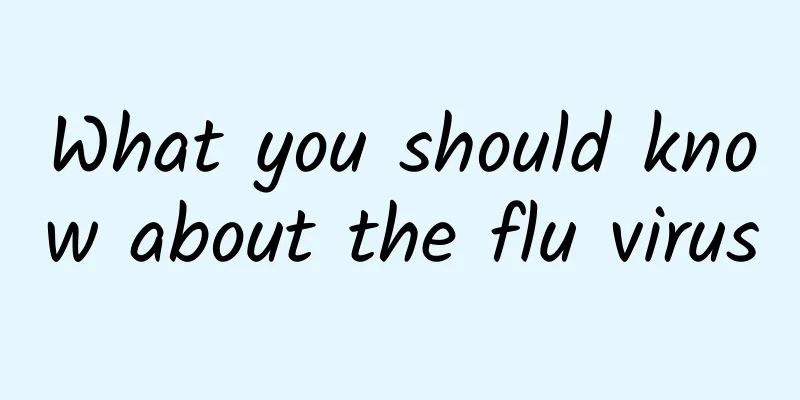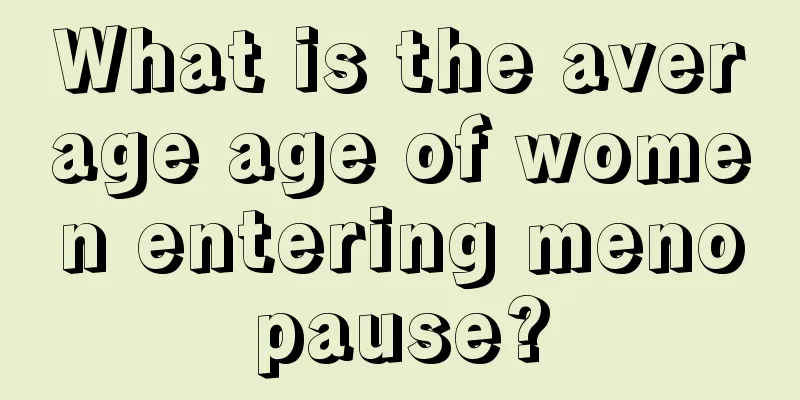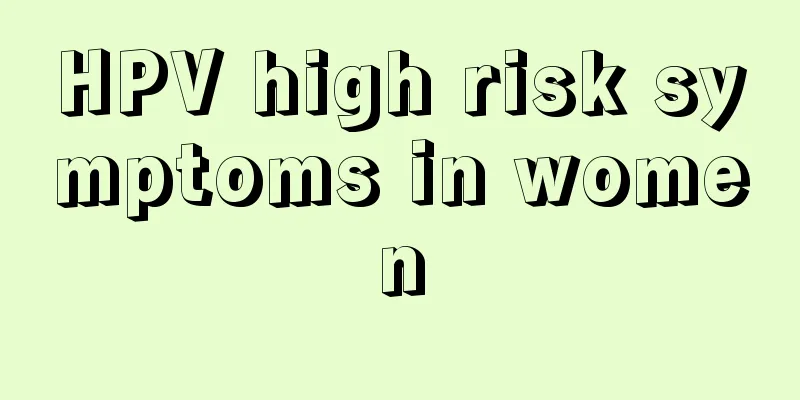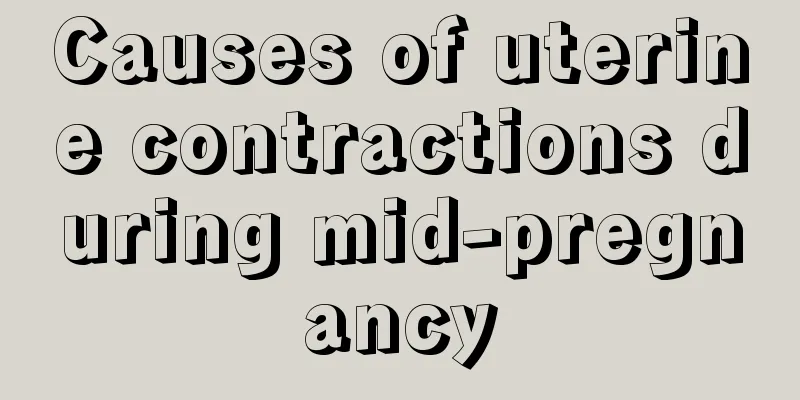Symptoms of non-ovulatory follicles
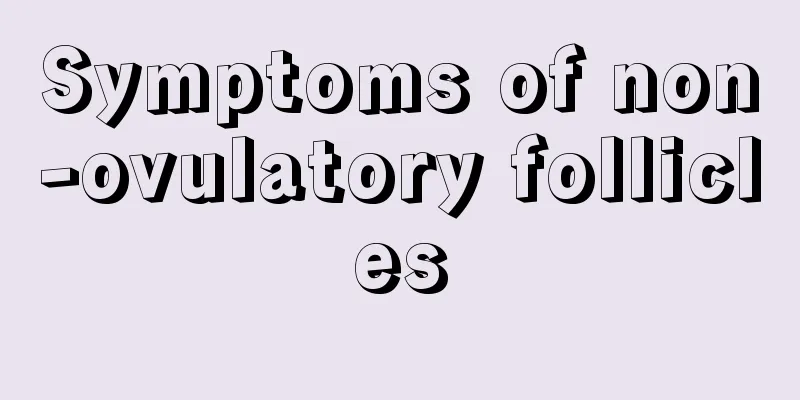
|
There are often many problems with follicles, and these problems have more or less certain obvious symptoms, including the situation where follicles do not ovulate. This situation is a relatively abnormal manifestation, and there are certain symptoms that can be manifested, but many people do not know its specific symptoms, or have never understood them. So what are the symptoms of follicles not ovulating? Central endocrine disorders. Ovulation is a complex process involving the coordinated action of multiple hormones. In central endocrine disorders, luteinizing hormone (LH)The peak secretion level is insufficient to stimulate the biochemical and histological changes that lead to the digestion and rupture of the follicle wall, thereby affecting the growth and development of the follicle and the occurrence of ovulation. Local obstacles. Endometriosis, pelvic inflammatory disease, etc. can cause follicles to not ovulate. Take pelvic inflammatory disease as an example. When the fallopian tubes become inflamed, they will thicken, become fibrotic and become cord-like, and may even adhere to the ovaries, uterus and surrounding organs and tissues, forming a hard and fixed mass. In severe cases, it will hinder ovulation from the ovaries. Enzyme deficiency or prostaglandin deficiency. The enlarged follicles are close to the ovarian cortex, and fibrinolysozyme, activated collagenase, and prostaglandins act on the basement membrane of the follicle wall, digesting the follicle wall and causing the formation of the ovarian ovulation pore. If there is a lack of enzymes or prostaglandins at this time, it will greatly affect the discharge of eggs.Hyperprolactinemia. Prolactin affects the normal secretion of gonadotropin from the pituitary gland, thereby causing ovarian dysfunction and affecting the normal development of follicles and the ovulation function of the ovaries. Increased blood prolactin levels reduce the secretion of blood follicle-stimulating hormone, leading to impaired or incomplete development of ovarian follicles, and ultimately leading to anovulation or infertility. Psychological factors. The absence of ovulation in the presence of follicles is largely due to work pressure, mood swings, and mental stress. When women are under long-term stress, their blood prolactin levels may repeatedly show small peaks, which may affect ovulation. This situation is often accompanied by symptoms such as irregular menstruation, dysmenorrhea, and breast pain. |
<<: How to make nipples pink and soft
>>: What to do if there is no basal follicle
Recommend
Eating fried grasshoppers almost cost me my life! What happened?
Grasshoppers, cicadas, silkworm pupae... Many peo...
Friends who fart frequently, pay attention to these 7 things!
How many of you fart too much? It’s okay to fart ...
Fake! All fake! Don’t believe these rumors and scams about the epidemic
Along with this round of epidemic, many related r...
Method of ultrasound at 8 weeks of pregnancy
Many female friends who are pregnant have no expe...
What are the dangers of breast augmentation?
Breast augmentation is a cosmetic surgery method ...
Diagnosis and treatment of ovarian cyst pedicle torsion
Ovarian cyst pedicle torsion belongs to the sympt...
What is peach blossom stone? What is the function of peach blossom stone?
Peach Blossom Stone is distributed in the Ordovic...
Women suddenly urinate like soy sauce
Generally speaking, human urine should be colorle...
What are the effects of filming on pregnant women?
Pregnant women should avoid all kinds of radiatio...
How can girls train their chest muscles to enlarge their breasts? Do one more exercise!
Small breasts are a concern for many girls, so ma...
Why can’t pelvic floor rehabilitation be delayed until the second child? This is the best answer I have ever seen!
In our daily life, procrastination seems to have ...
What to eat to increase milk production
Many women experience a lack of milk after giving...
Can I swim during menstruation?
There are many issues that women need to pay atte...
Dietary supplements for women with weak body
In fact, many people will experience back pain or...
Diet plan for two months of pregnancy
Generally speaking, pregnant women need to pay at...
